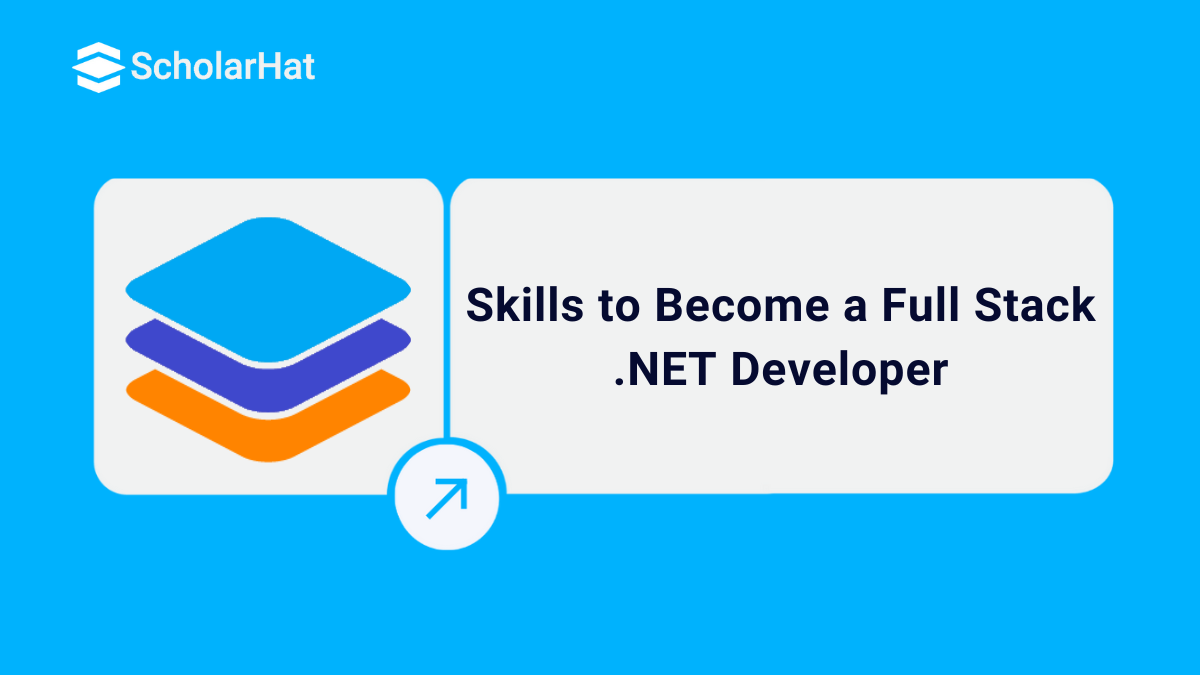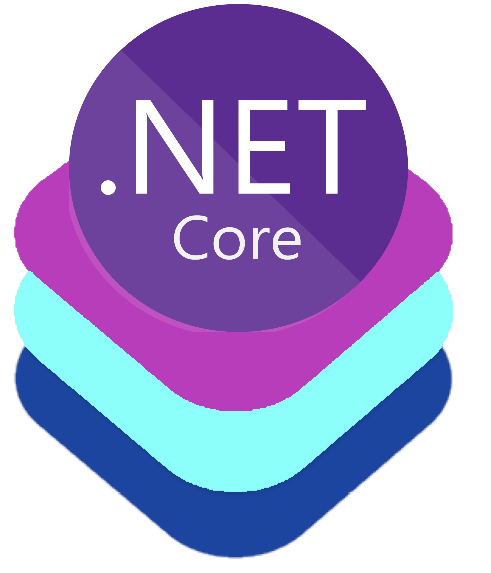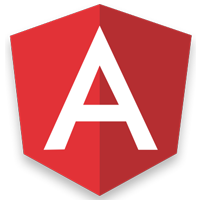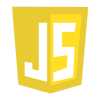18
AprWhat is Full Stack .NET Developer? Skills to Become a Full Stack .NET Developer
Full Stack .NET Developer
The Full Stack .Net Developer, we often hear this profile In different technical forums or job sites, If you wish to start your career in a development field, you need to understand what a Full Stack .Net Developer is and what they need to do or know. In simple words, we can consider the Full Stack developers as Swiss Army Knives in the development world.
Full-Stack developers usually are masters in different programming languages so these professionals can switch between different development environments as per the requirement. So, as Full stack developers, we need to understand the full functionality, like how and why behind each functionality. If you want to enhance your practical understanding enroll in our Full Stack .Net Certification Training.
Read More - Full Stack .Net Developer Salary in India
Who is a Full Stack .NET Developer?
- A Full Stack .Net Developer is a programmer or technical person who can work within the software development process and is knowledgeable in the application's front and back end.
- In addition, a full-Stack .Net Developer must have good knowledge of databases, server configuration, and user interface.
- In simple words, a Full-Stack .Net Developer is a type of programmer who must have functional knowledge of all techniques, languages, and system engineering concepts required in Software development.
- The term “Full Stack” represents the technologies and skills needed to complete a project where each component is considered a stack. Stacks can be anything like mobile, web, or software specific.
- A Software Engineer always focuses on any part of the development process, i.e., either the front or back end.
- The front-end section considered all the components linked with the visible parts of the application.
- At the same time, the back end feels the related server-side business layer, database structure, and infrastructure.
- The Full-Stack concept is a hybrid of both.
- As full-stack developers, we need to know the different skills related to all the layers or stages involved in the application or software development.
- These skills typically contain other technology related to the front and back end.
- Besides this, Full-Stack developers may have the skills associated with Quality Assurance (QA), security, business intelligence (BI), and customer service.
Read More - Full Stack Web Developer Interview Questions And Answers
Benefits related to the Full Stack Developers
- The critical use of a Full Stack developer is that they can develop anything much faster and more independently than other team members. It also reduces technical costs.
- Due to the wide range of knowledge of Full Stack developers, they can provide unique opinions and a more active mindset.
- Due to the above reasons, Full Stack Developers are top-rated in a startup company where the resource count may be lower, and they need a wide range of technical experience.
- Some large organizations also hire Full Stack developers as they can help, train, or troubleshoot with the other existing employees. At the same time, the company can use these resources for different types of projects required in a specific period or can switch the technology.
Skills Required to Become Full Stack .NET Developer
If you want to start your career as a Full Stack .Net Developer, you need to know some mandatory full stack developer skills to perform your job efficiently. For this job role, both hard skills and soft skills are required. The below image demonstrates the required Full Stack .Net Developers skills that will help us perform for this position.
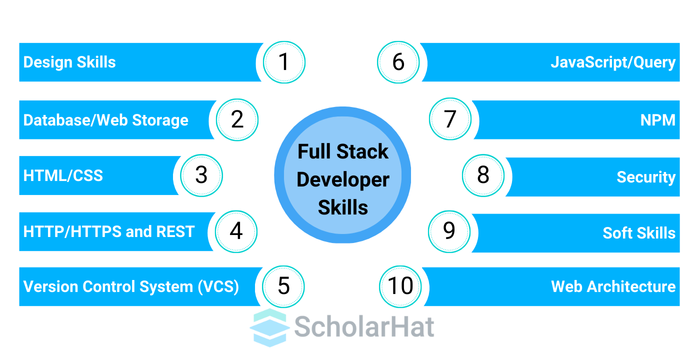
Read More - Full Stack Developer Salary In India
1.) Choosing Your Front-End Developer Stack:
Selecting the right technologies for crafting the visual and interactive aspects of web applications is crucial for front-end developers.
2.) Strengthening Front-End Development Skills:
Continuously improving coding abilities and familiarity with front-end tools and languages is essential for effective web development.
3.) Choosing Your Back-End Developer Stack:
Identifying the appropriate set of technologies and languages to manage server-side logic and data is pivotal for back-end developers.
4.) Strengthening Back-End Development Skills:
Enhancing proficiency in programming languages and frameworks for efficient server-side development is vital for full-stack developers.
5.) Required Database Skills:
Acquiring expertise in database management and querying, including relational and NoSQL databases, is a fundamental skill for full-stack developers.
6.) Required Server/Hosting Skills:
Understanding web hosting platforms and cloud services is essential for deploying and maintaining web applications effectively.
7.) Choosing Full Stack Developer Frameworks:
Exploring and mastering frameworks like Angular, Django, Ruby, or Node.js empowers full-stack developers to build robust and scalable web applications.
8.) Building Project Management Skills:
Developing effective project management skills ensures timely and successful completion of web development projects.
9.) Mastering Version Control Skills:
Proficiency in version control systems like Git enables developers to collaborate seamlessly and manage code changes efficiently.
10.) Soft Skills for Full Stack Developers:
In addition to technical skills, effective communication, multitasking, time management, and teamwork are crucial for full-stack developers to excel in their roles.
11.) Personality Traits of a Full Stack Developer:
Being a problem solver, a good communicator, resourceful, organized, flexible, and a lifelong learner are valuable personality traits that contribute to a full-stack developer's success.
Read More - Full Stack Java Developer Roadmap
Full Stack .NET Developer Roles and Responsibilities
There is always a constant debate when we decide or discuss the roles and responsibilities needed to follow a Full Stack .Net Developer in India. Should Full Stack Developer be a front-end master? Which one do they need to know more about – database, front-end, or DevOps? If a Full Stack Developer does everything, why will the company hire a separate person as a front-end or back-end developer?
- A Full Stack .Net Developer is not a superman who can know everything and solve anything.
- Their roles differ from the other specialized developers as per their proficiency, not their specialty.
- The employer who hires the full stack developers must have different types of job roles for Full Stack .Net Developers.
- They usually expect the Full Stack Developer to have a balanced understanding of both development sides, i.e., user-side development (front end) and server-side development (back end).
The actual roles and responsibilities always depend upon the position and the employer. Some of the most used roles and responsibilities related to the Full Stack .Net Developers are -
- Can develop the server side of the application
- Can create the front side of the application.
- Can help the team in creating databases and server configurations.
- Can analyze the code during development to identify the bugs in the code.
- Modifying the existing code is required as per the hardware and software specifications.
- Can study the project requirements and provide solutions to the need.
- Need to know about using methodical testing processes for problem-solving.
- Cross-platform optimization of the application.
With the above-mentioned specific roles and responsibilities related to the Full Stack Developer, it is clear that a Full Stack Developer can explore any job position in their professional career. In addition, the different types of technical skills will help you find various job roles with a better pay structure.
Difference between .NET Developer and Full Stack .NET Developer
When we enter the real world of web development, we find that roles normally overlap with different job profiles. For this reason, we need to understand the difference between a .Net Developer and a full-stack .Net Developer.
| .NET Developer | Full Stack .NET Developer |
| Specializes in one particular area of .NET development (for example, front-end, back-end, or mobile). | Proficient within the.NET environment in front-end as well as back-end development. |
| Focuses on their responsibilities and duties associated with their area of expertise. | Oversees the performance of all software components, including databases, user interfaces, and server-side logic. |
| Specialized in technologies relevant to their field (such as front-end frameworks, C#, and ASP.NET). | Possesses a broad range of skills in front-end as well as back-end technologies, including C#, ASP.NET, JavaScript, and HTML/CSS. |
| Strong cooperation with team members playing various responsibilities (such as front-end developers and designers). | Capable of working independently on projects or effectively collaborating with team members in a variety of positions. |
| Developer with expertise in a particular area of .NET programming. | Versatile developer with the ability to manage several parts of a software project. |
Summary
I hope that this article helped you relate to the Full Stack .Net Developer job role. Through this article, the reader will get a clear idea about the concept of Full Stack .Net Developer, full stack developer job description, full stack developer salary, Full-Stack .NET Developer course roadmap, Top Skills To Become a Full-Stack Developer related to required skills along with different job information and salary. Also, you can get a clear idea about the roles and responsibilities of the Full Stack .Net Developer.


